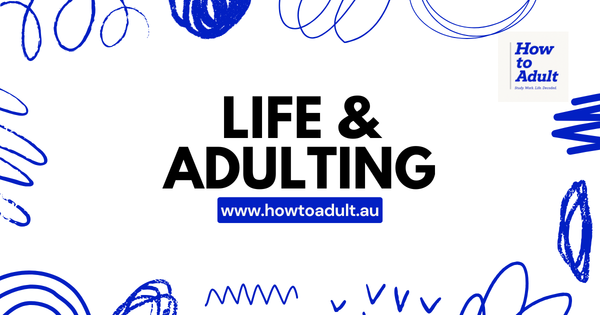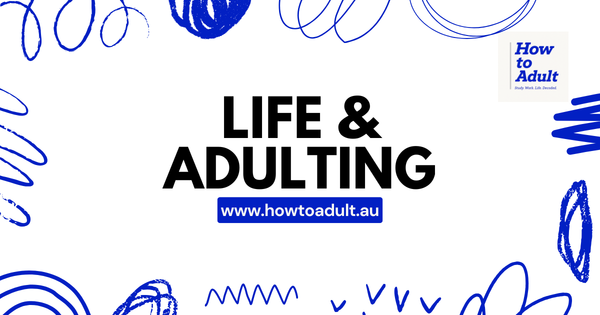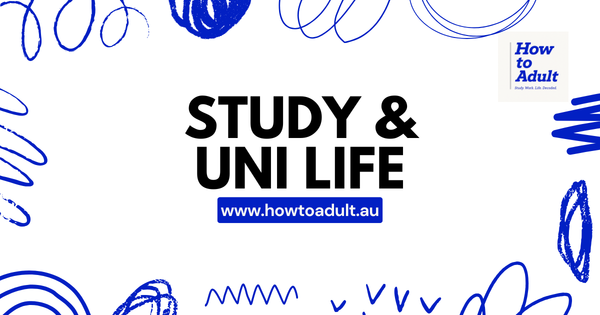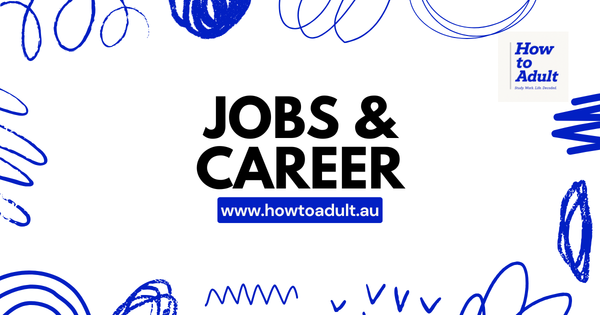What to Do When Your First Job Sucks
Hating your first job doesn’t mean you’ve failed. Maybe the manager’s rude, the tasks are mind-numbing, or you’re just not learning anything. Here’s what to do next — whether it’s fixing things, moving on, or getting something better.
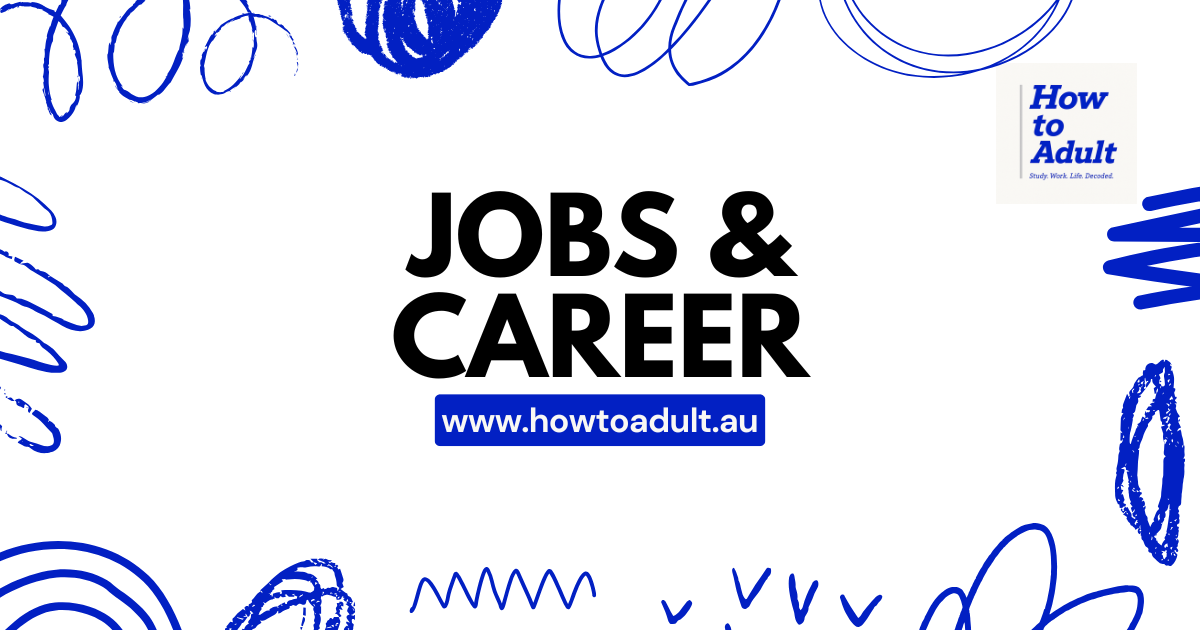
So, you finally landed your first job. You were excited, maybe even a little proud. But now that you're in it… something feels off. Maybe the tasks are boring, your manager’s a micromanager, or the hours are draining. Maybe you just feel out of place. And now you’re wondering: is this what working life is really like?
Here’s the truth they don’t always tell you – first jobs often suck. They’re rarely glamorous. They don’t always align with your degree, passions, or long-term goals. But that doesn’t mean they’re a waste of time. In fact, they might just be one of the most useful experiences you'll ever have – not because of the tasks themselves, but because of what they teach you about resilience, boundaries, and what you want (and don’t want) in a career.
If your job feels unfulfilling, try reframing what it offers. Are you learning how to manage time? Communicate with people you wouldn't normally mix with? Handle uncomfortable feedback or navigate a messy team dynamic? These are the kinds of skills that no lecture or textbook can teach – but you’ll carry them into every future role you take on.
Still, let’s be real – not everything is a lesson. Sometimes jobs suck because they’re toxic. If your workplace is unsafe, if you're being exploited, or if you’re experiencing bullying or discrimination, that’s not something to "tough out." Talk to someone – whether it’s HR, a union rep, a parent, or a trusted mentor. You’re not weak for saying a job isn’t okay. You're strong for recognising your limits.
It’s also okay to leave. Seriously. Quitting doesn’t mean you failed. It means you gave something a go and realised it’s not for you – that’s growth. But if you do choose to stay for now – maybe you need the income, or you’re waiting for something better – set small goals. Learn as much as you can, document your wins, and build a story you can tell in future job applications. You’re not stuck; you’re just in your starting chapter.
Most importantly, don’t let a bad first job define your confidence. Everyone starts somewhere, and very few people love their first gig. It’s a stepping stone — not a life sentence. What matters is that you showed up, gave it a shot, and are figuring out your next move. That’s more than enough.
